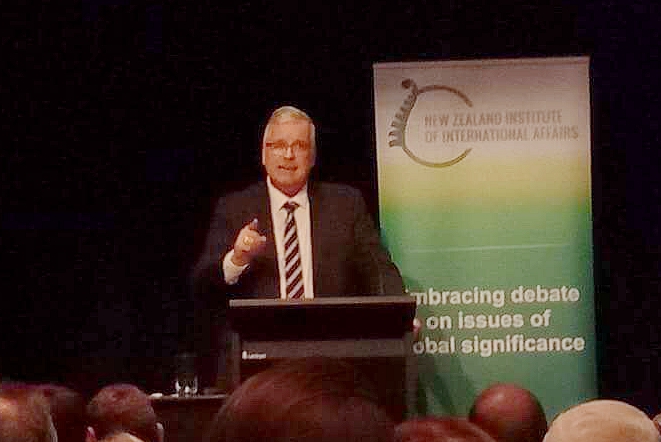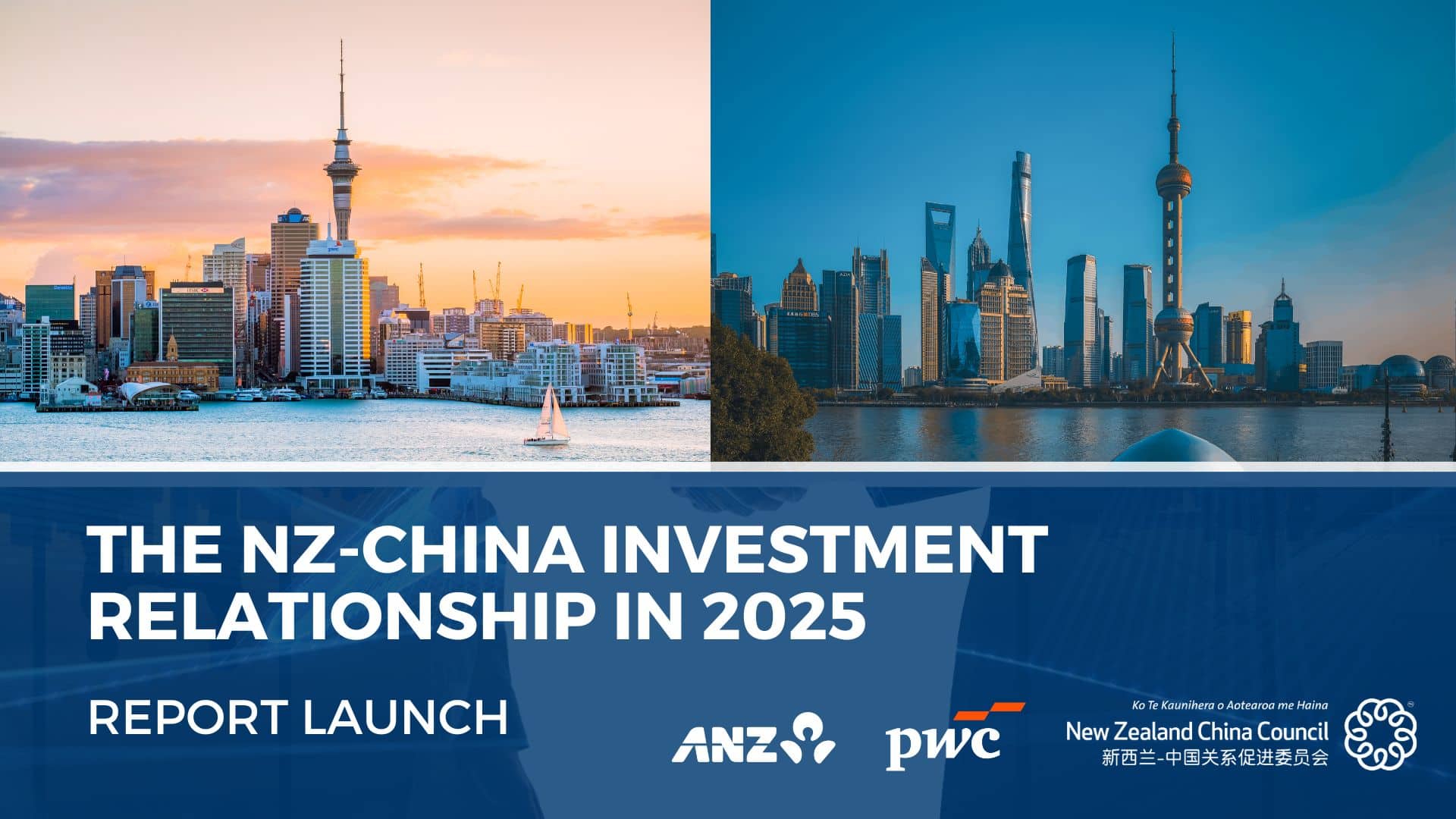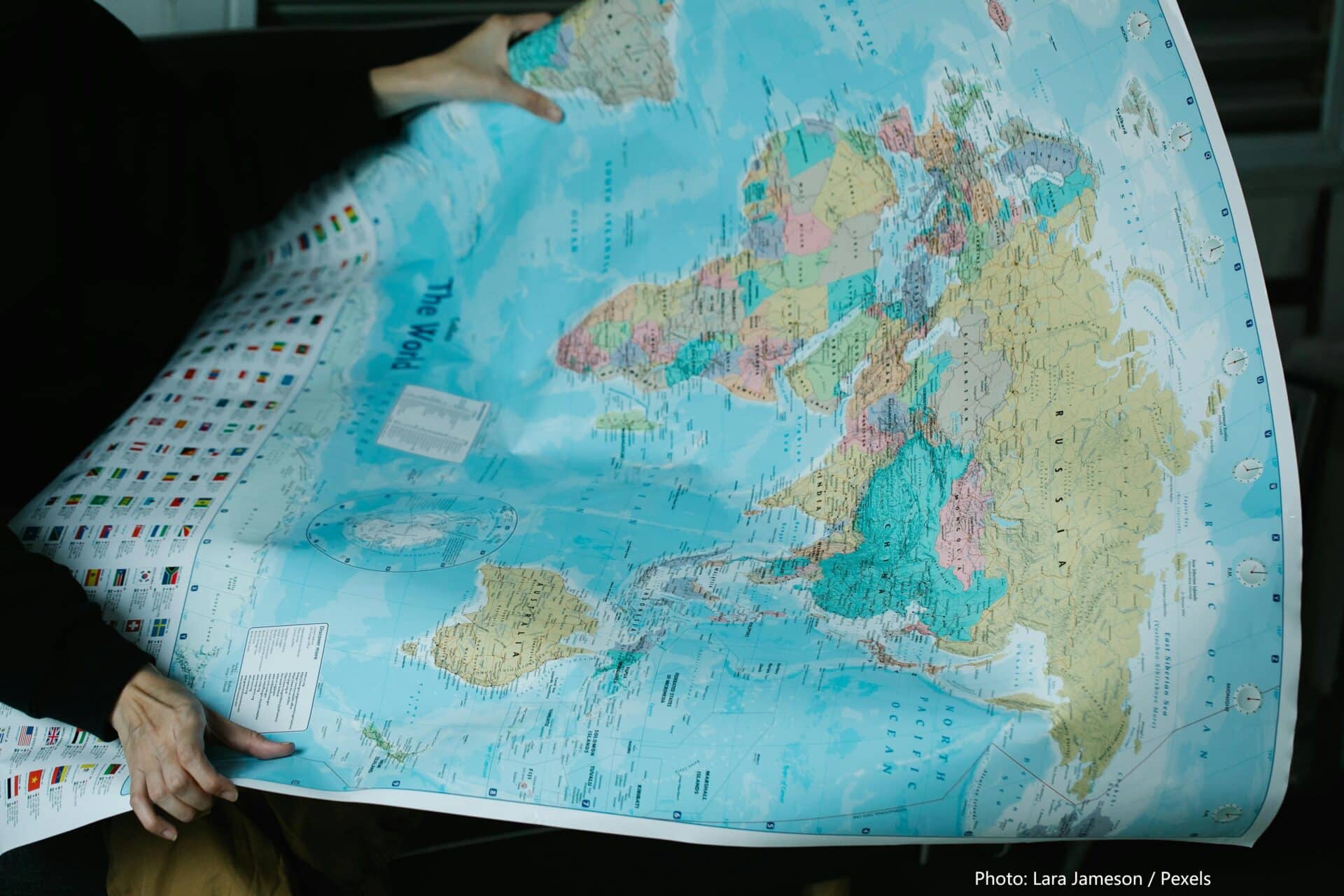WORLD ECONOMY AND TRADE: IS ASIA RE-INVENTING THE RULES?
REMARKS TO NZIIA “LAW OF THE JUNGLE” CONFERENCE
WELLINGTON, 27 FEBRUARY 2018, STEPHEN JACOBI
Thanks very much for the invitation to join this distinguished panel and congratulations to NZIIA for having the foresight to organise this timely conference.
Way back in 2003, after the World Trade Organisation Doha Round had finally emerged after the debacle of the riots in Seattle, an organisation I was involved with launched a public communication campaign around the theme “Trade Rules OK”.
The idea was to ferment spontaneous public outpourings of support for the multilateral trading system – we didn’t quite unleash the hordes of pro-trade protesters on Lambton Quay but the catch phrase was quite nifty.
Trade rules are ok, especially for small, open economies like New Zealand, and certainly preferable to the law of the jungle.
It’s strange how things come around – we are meeting at a time once again when there is a new questioning, especially by one large and influential economy, about the efficacy of the rules underpinning global trade and investment, and where people all over the world are demanding that this system work better for all.
It would be far better of course to seek to address these concerns in the WTO, if only there were the political will to do so – it’s not just because there is a former New Zealand Ambassador to the WTO on this panel that I say that the WTO is and always must be our top trade priority.
At the same time, here in “greater Asia”, if I can associate New Zealand in that way, there is no let up in the quest for a better, more effective framework for trade and investment – a new fellowship has just completed CPTPP, RCEP lumbers on with deadlines constantly adjusted, the Pacific Alliance is reaching across the Pacific, FTAAP remains a distant vision for APEC and bilateral FTAs continue to be concluded.
It was the Obama Administration, which, faced with wavering Congressional support for the original TPP, first drew attention to the risks for the United States of being left out of this trade liberalisation frenzy – “if we don’t write the rules, others will” .
(That was back when trade rules were ok for the United States, unlike today).
The fact of the matter is that prior to the Trump Administration’s withdrawal from TPP it was hard to see that rules were being written in Asia.
RCEP was nowhere near TPP either in terms of substance or timetable and certainly China was not, and still does not appear to be, in the driving seat as is often claimed – RCEP is definitely ASEAN’s baby.
China actively championed the Free Trade Area of the Asia Pacific (FTAAP) during its APEC year in 2014, but APEC wheels grind slowly, in a voluntary and non-binding way, and FTAAP, while a hugely important vision, is most unlikely to be realised in the form of a single-undertaking FTA.
Others in region including our friends Japan and China have also negotiated a number of bilateral FTAs,
From a business perspective, trade and investment these days is increasingly driven by complex value chains and networks, the emphasis needs to be on greater coherence between agreements.
There is also the need to address those “next generation” issues that speak to the needs of today’s economy particularly in the area of services and digital trade and linking smaller business to those value chains.
That was, and still is, the great attraction of TPP, which, although it took a long time to deliver, was conceived with this idea in mind.
And hence that great sucking sound, a collective intake of business and government breath, when on 23January 2017 the United States withdrew from TPP.
It pains me deeply to say this but ifyou want to pick a date when it became clear that others would start to re-invent the rules of trade it was that day.
And the proof is there – in CPTPP, stripped of 22 mostly US-inspired rules from the earlier agreement; in the willingness on the part of others to continue with other negotiations; and, yes, in China’s re-positioning of itself as the new leader of globalisation.
Nature abhors a vacuum and so does trade.
In Asia today we see a continuation of conventional rule-writing through FTAs as well as the emergence of a new approaches to fostering economic integration.
Chief among these is China’s Belt and Road Initiative (BRI).
BRI is not a trade negotiation, nor does it seek to write binding trade rules, and it is most usually associated with infrastructure, but it does seek to promote greater connectivity amongst the 69 or so participants.
BRI is a work in progress and is an ambitious vision – nor is it without its sceptics and critics – some of them are in this room!
But to the extent that BRI establishes a framework for exploring mechanisms between participants to draw closer together economically, it could provide an alternative way to fashion greater co-operation in areas like trade facilitation, supply chain connectivity and regulatory coherence.
In both conventional and new ways, therefore, I think it fair to conclude that Asia is now beginning to rei-nvent the rules and this will continue for as long as other settings, including the all-important multilateral system, remain blocked.
Let me finish with a word about New Zealand.
I said at the outset that small, open economies rely on the rule of trade law to avoid getting trampled by larger partners.
This is not an abstract or theoretical thing: New Zealand has taken several cases to the WTO and we have never lost – nor has our own trade regime ever been challenged, long may that continue!
Our interests are best served when we have a hand in making the rules that affect us and when we stick to those rules.
Our sovereignty is upheld when we can have confidence that others – even some of our best friends – will not use their economic power to restrict our ambitions for trade and investment.
That’s why New Zealand must play in all trade games – the conventional ones and the new approaches.
That’s why trade rules are indeed ok, and why we need to continue to work to help re-invent them, write them and, above all, to uphold them.












 MENU
MENU
